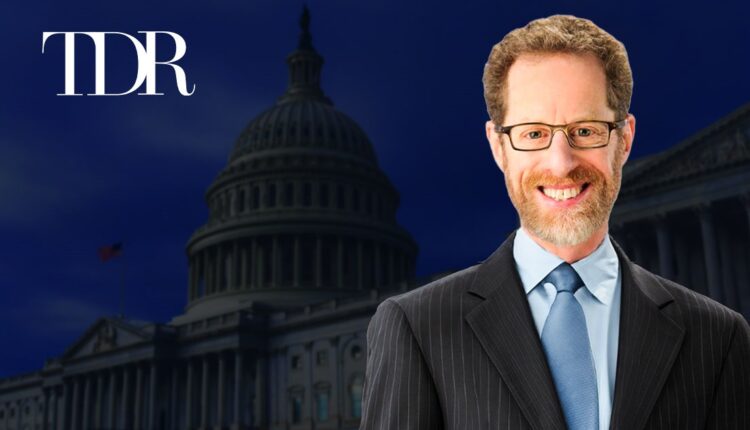
Washington D.C. Cannabis Regulation Update with Eric Berlin
The TDR Three Key Takeaways regarding Washington D.C. Cannabis Regulation Update with Eric Berlin:
- Eric Berlin highlighted the actions of the House Appropriations Committee, chaired by Tom Cole.
- Eric Berlin emphasized, “We need to be doing a lot more to support someone like Dave Joyce and a lot more to oppose the politicians who are standing in the way.”
- “Where you have the rule of law, you can have commerce,” Berlin said, stressing the need for legal stability to support business operations.
In the Friday episode of the “Trade to Black” podcast, Eric Berlin, the top-ranked cannabis lawyer from Dentons, shared his insights on the latest developments in cannabis regulation in Washington D.C. Berlin’s commentary provides a clear and comprehensive overview of the current political and legal climate, emphasizing the challenges and opportunities facing the cannabis industry.
Eric Berlin highlighted the actions of the House Appropriations Committee, chaired by Tom Cole. The committee passed an amendment to prevent the Department of Justice (DOJ) from using funds to reschedule cannabis. Berlin expressed skepticism about the amendment’s future, stating, “That amendment is not likely to have 60 votes in the Senate, which it needs.” He explained that this is part of a broader strategy to delay the rescheduling process, driven by outdated prohibitionist attitudes.
Berlin pointed out the significant progress made at the state level, using Colorado as an example. “Since they legalized adult use back in 2014, it’s actually tougher for people under age to have access to cannabis,” Berlin noted, countering common misconceptions about legalization. He also addressed the challenges posed by the fragmented regulatory framework across different states, which creates confusion and legal uncertainties for businesses and consumers.
He emphasized, “We need to be doing a lot more to support someone like David Joyce and a lot more to oppose the politicians who are standing in the way.” Berlin called for the industry to organize and communicate its message more effectively, leveraging patient testimonials and factual data to combat negative narratives.
Berlin clarified the criteria for participating in rescheduling hearings, stating, “You need to be an actual interested, potentially affected party.” Berlin emphasized that the rescheduling decision will hinge on a combination of scientific evidence and political will.
Berlin highlighted the importance of a stable regulatory environment for the industry’s growth. “Where you have the rule of law, you can have commerce,” he said, stressing the need for legal stability to support business operations.
As Berlin aptly stated, “The bottom line is in terms of the demand for cannabinoids, it’s a matter of how we will have legalization and what that will look like.” This perspective highlights the importance of continued advocacy and engagement in the legislative process to ensure a rational and regulated future for cannabis.



